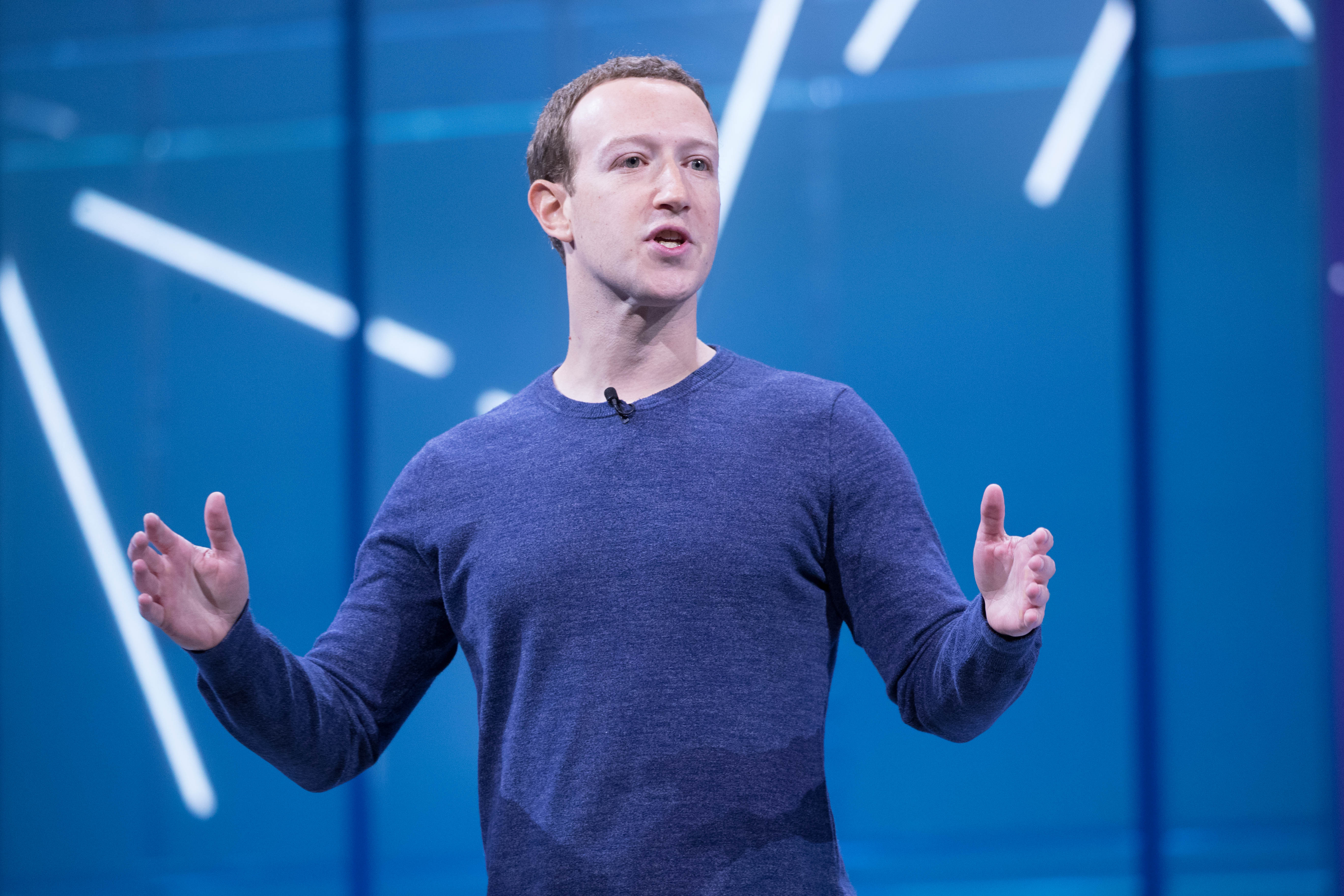 Our blog has gone a bit quiet over the past few months whilst we’ve focused on lots of research projects and getting our new Masters degree in Philanthropic Studies off the ground. But today philanthropy is headline news again, as Mark Zuckerberg and Priscilla Chan celebrate the birth of their daughter by donating 99% of their Facebook shares “to advance human potential and promote equality for all children in the next generation”.
Our blog has gone a bit quiet over the past few months whilst we’ve focused on lots of research projects and getting our new Masters degree in Philanthropic Studies off the ground. But today philanthropy is headline news again, as Mark Zuckerberg and Priscilla Chan celebrate the birth of their daughter by donating 99% of their Facebook shares “to advance human potential and promote equality for all children in the next generation”.
Many people will applaud this decision, and inevitably some will chip in to question it.
The applauders will rightly point to the importance of this power couple as role models for their generation, and how their decision helps to redefine ‘success’ as involving both the creation and distribution of great wealth: the Millennials aspire to give and take, unlike their ‘Loadsamoney’ predecessors.
The questioners will worry about philanthropic power being concentrated in the hands of people who already have power in abundance, and point to the creation of a new organization the Chan Zuckerberg Initiative as evidence that the ‘new philanthropists’ prefer to retain control rather than trust existing charitable initiatives.
Applauders can respond by noting that setting up a new initiative guarantees the donors’ ongoing involvement, and that the gift of time, knowledge and contacts helps to multiply the value of the financial donation. Whilst Zuckerberg has insisted in the letter to his daughter explaining his plans that he will “continue to serve as Facebook’s CEO “for many, many years to come”. But he is still only 31 and has plenty of time for a ‘Second Act’ as a full-time philanthropist, following in the footsteps of Bill Gates – the first great tech ‘billanthropist’ – who stepped down from running Microsoft at the age of 49 to focus on running the Bill and Melinda Gates Foundation.
The questioners will no doubt still have an array of concerns, including the re-direction of public funds to private philanthropic choices via charitable tax reliefs, the relationship between Facebook’s tax status and it’s founder’s private generosity, and the likelihood that Zuckerberg’s political and cultural influence will be enhanced as a result of this decision.
Philanthropy is an arena in which such debates thrive because there is no fixed agreement on exactly what philanthropy is, why it exists or what it can and should achieve. This is what makes it such an interesting part of life to study and think about. Understanding philanthropy is our central purpose in the Centre for Philanthropy at the University of Kent. However heated the debates become over the merits and implications of the Chan Zuckerberg announcement we welcome the spotlight returning to this most fascinating of topics.

